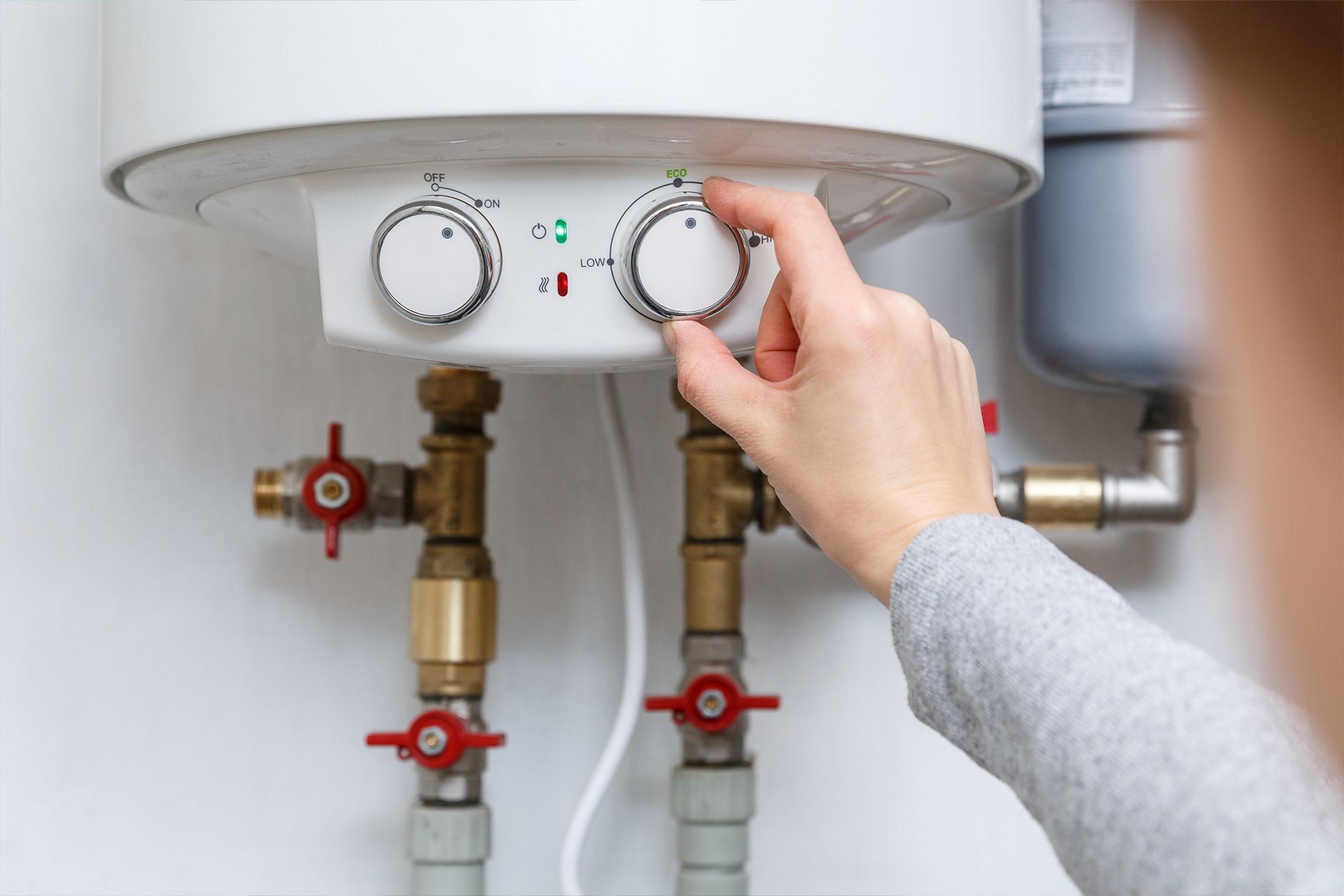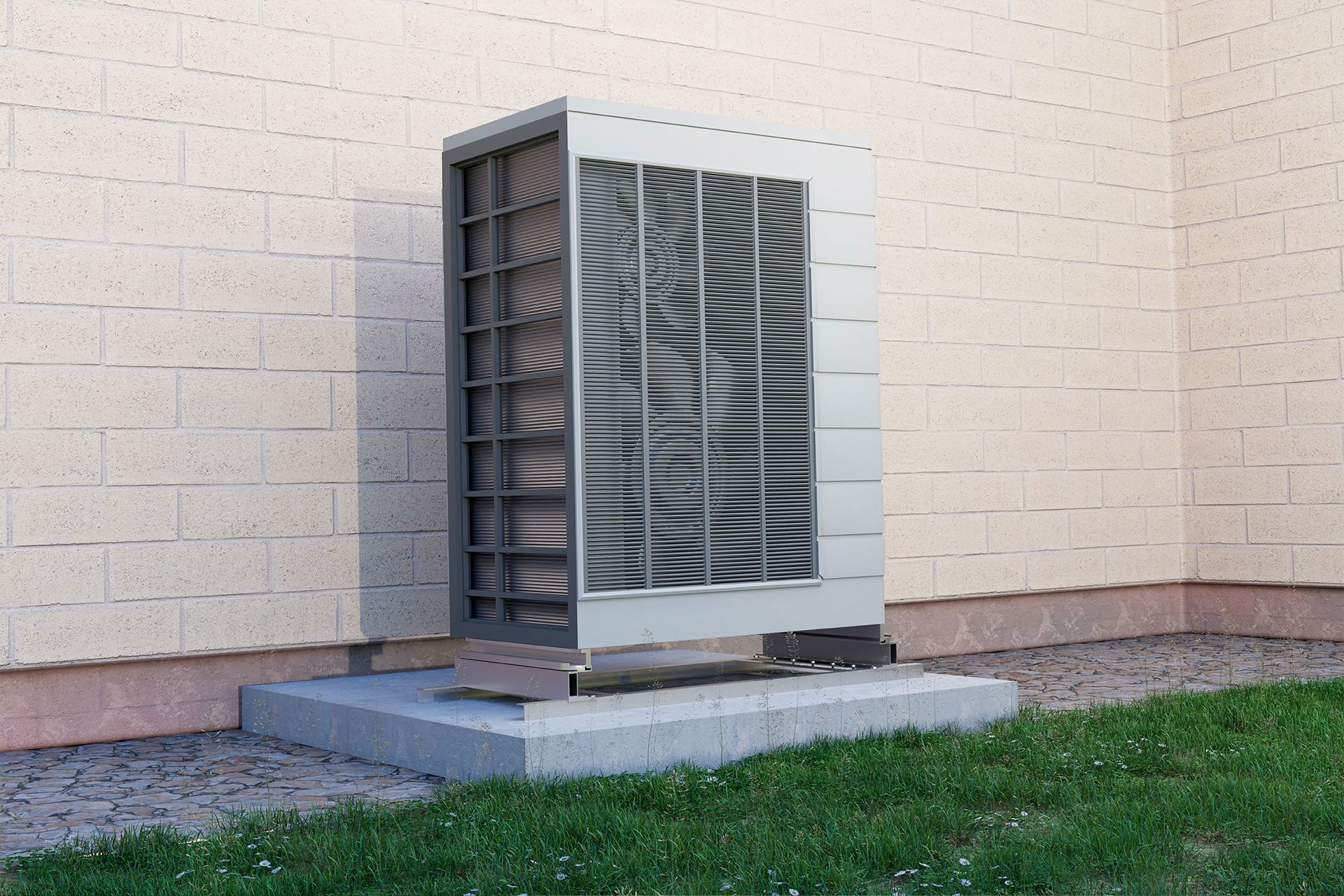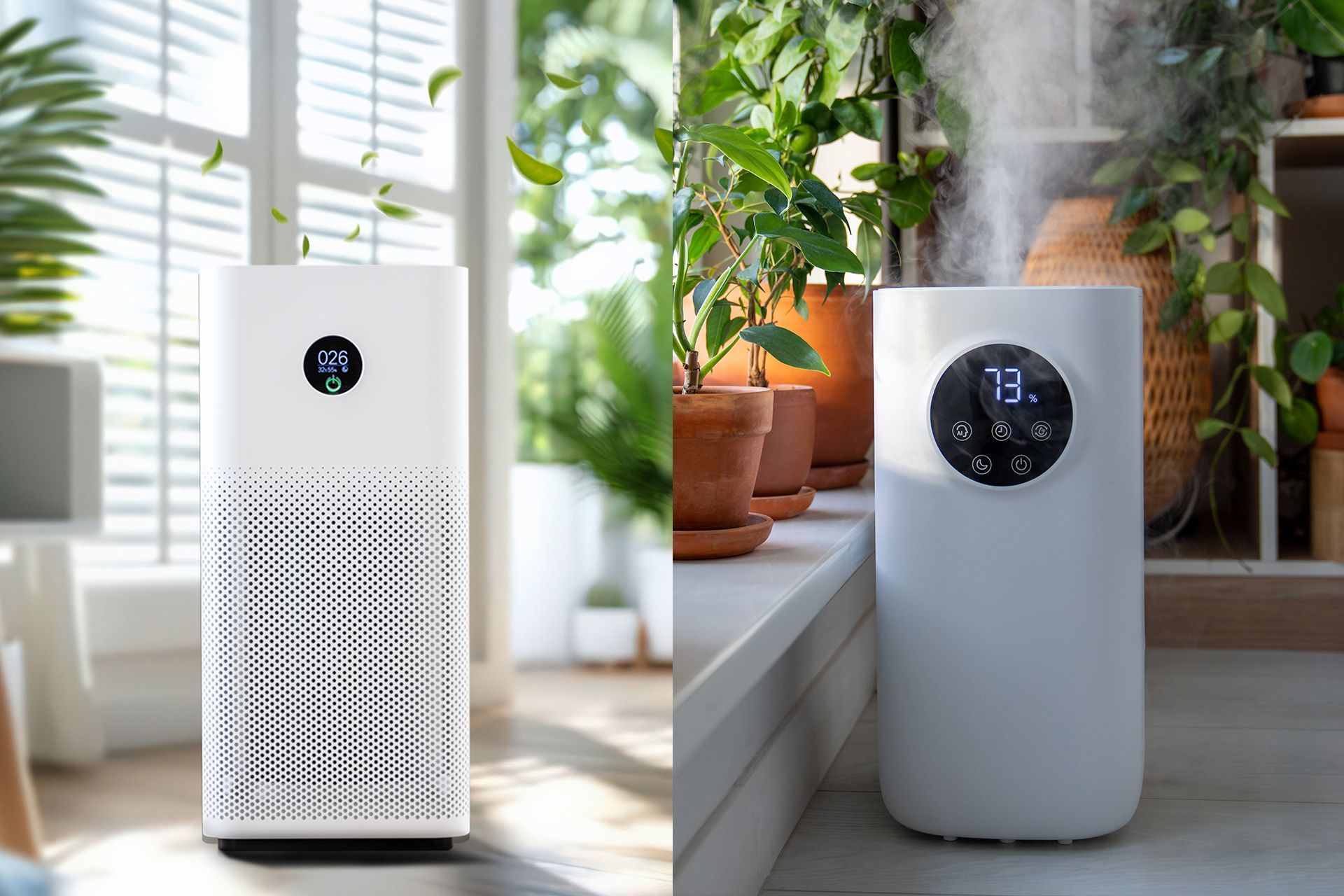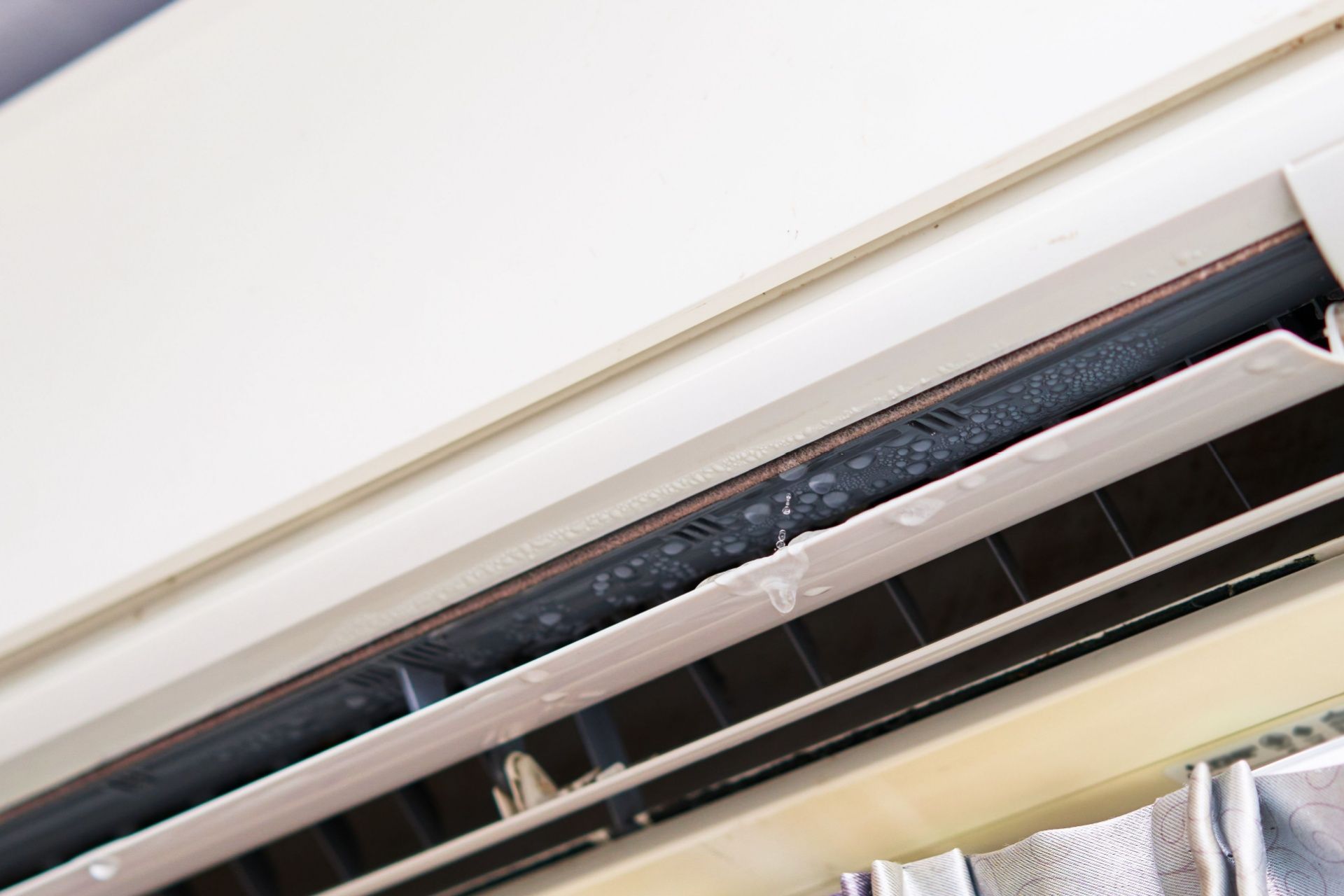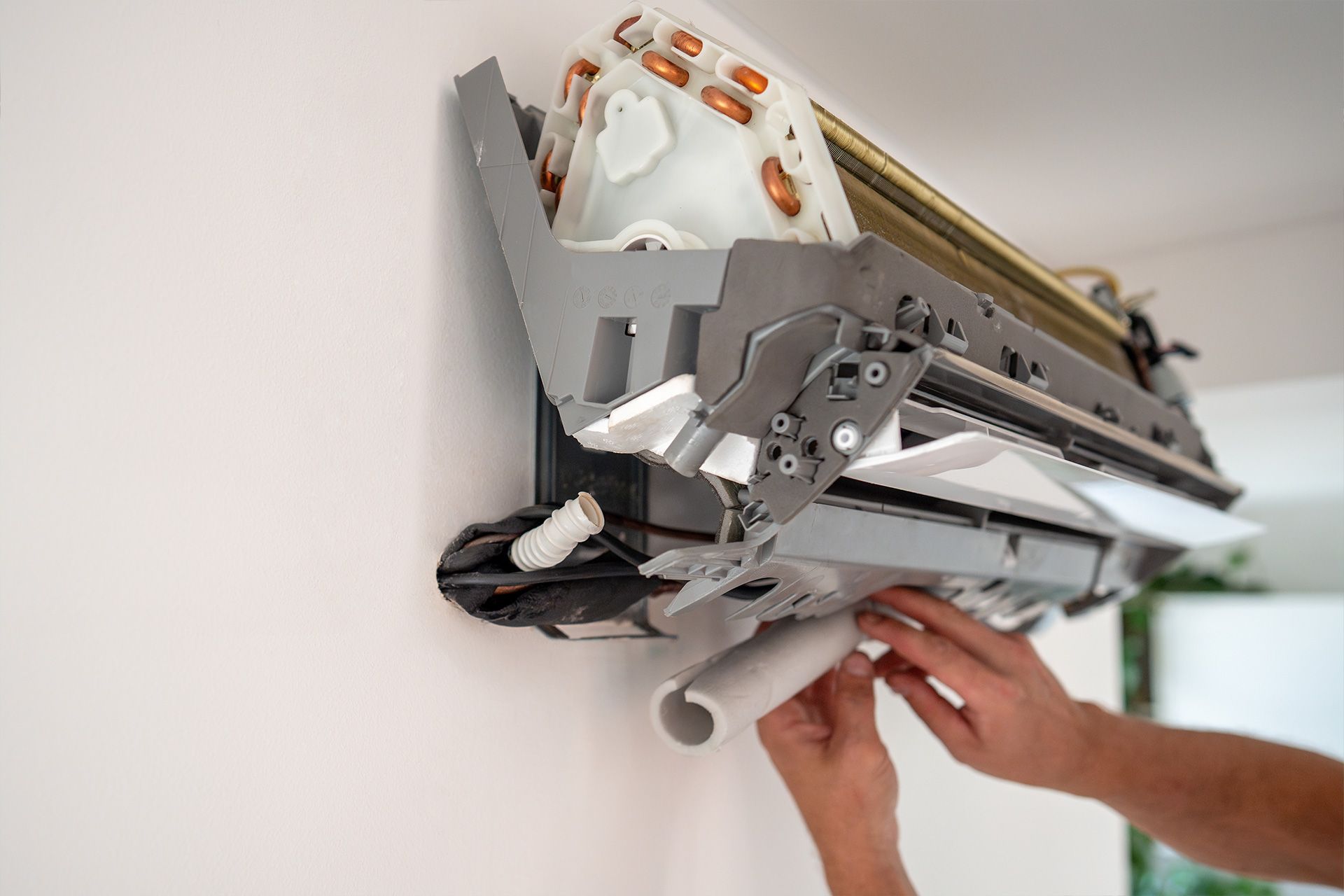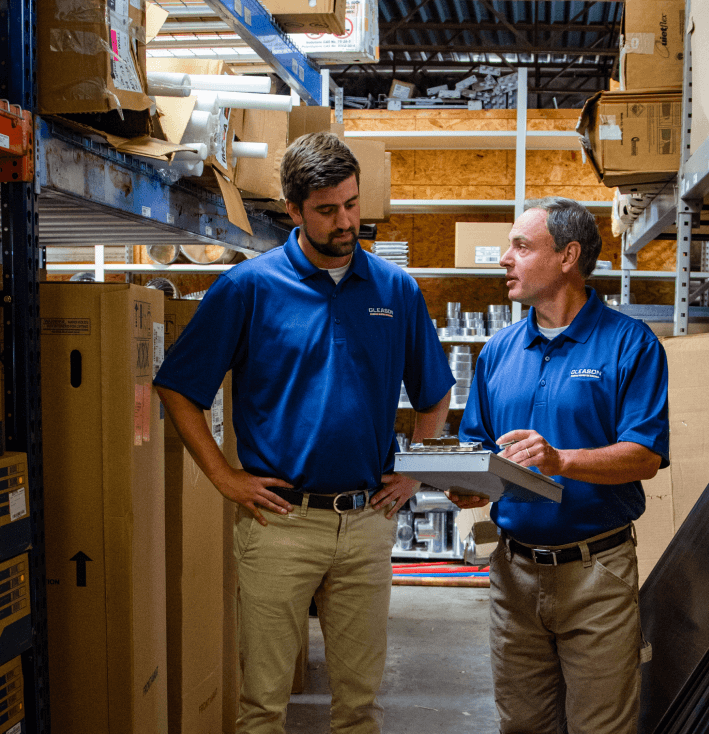Articles
HVAC Contractor Tips and Articles For Your Home
How Does an HVAC System Work?
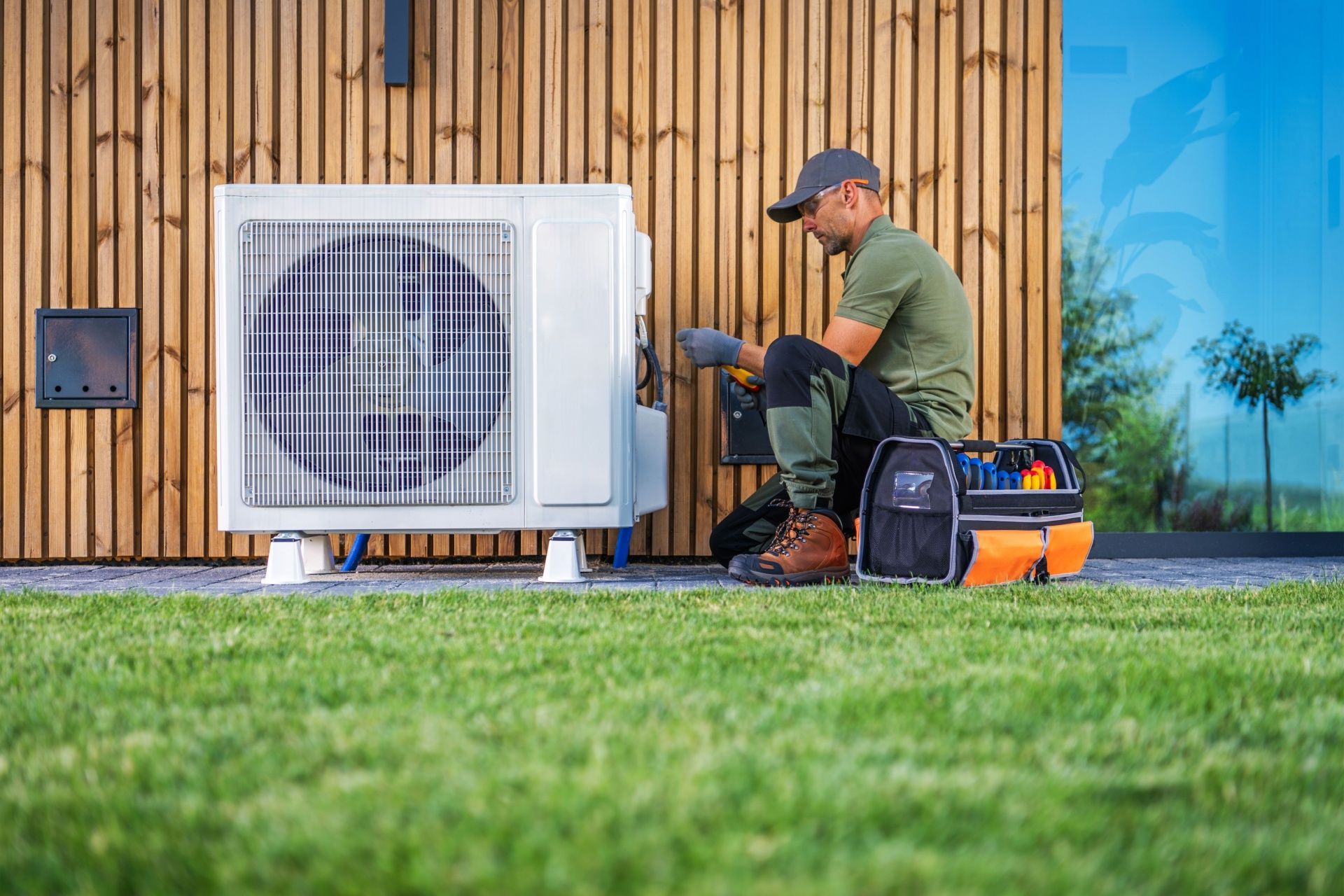
Did you know that nearly 90% of homes in the U.S. use some type of HVAC system for heating or cooling? That’s a huge number! HVAC systems are essential for keeping us comfortable year-round, whether it’s freezing cold outside or blazing hot. But have you ever wondered, “What is HVAC?” and “How does it work?” This guide will help you understand the basics of HVAC systems working in simple terms.
What Is HVAC?
HVAC stands for Heating, Ventilation, and Air Conditioning. It’s a system that helps control the temperature, humidity, and air quality in homes, offices, schools, and other buildings. In other words, it keeps indoor spaces comfortable no matter the weather outside.
Whether it’s blowing warm air in the winter or cool air in the summer, an HVAC system works hard behind the scenes. It also filters the air we breathe, helping to remove dust, allergens, and other pollutants.
Why HVAC Systems Matter
An HVAC system isn’t just about comfort—it plays a big role in your health and safety too. It helps:
- Keep indoor air clean and healthy.
- Control indoor temperatures for comfort and productivity.
- Protect electronics and furniture from moisture damage.
- Save energy when properly maintained.
- Reduce utility bills with high-efficiency systems.
Now, let’s break down how an HVAC system actually works.
HVAC System Working: The Main Parts Explained
An HVAC system has several major parts that all work together. Understanding them can help you see how the system functions—and why HVAC repair and replacement are so important when things go wrong.
1. Thermostat
This is the “brain” of your HVAC system. It tells the system when to heat or cool based on the temperature you set. Many modern thermostats are programmable or smart, helping you save energy.
2. Furnace or Heat Pump (Heating)
This part of the system heats up your home.
- A
furnace uses gas, oil, or electricity to warm air.
- A heat pump pulls heat from the outside air—even in winter—and brings it inside.
The warm air then travels through ducts and into your rooms.
3. Air Conditioner (Cooling)
In summer, your air conditioner does the opposite. It pulls heat from inside your home and sends it outside, leaving cool air behind. It uses a chemical called refrigerant to do this.
4. Ductwork
Ducts are like highways for air. They carry warm or cool air throughout your home. If ducts are blocked or leaky, your system won’t work as well.
5. Vents
These are the openings in the walls, ceilings, or floors where air enters your rooms. Clean vents help air flow better and keep indoor temperatures even.
6. Air Handler
This component helps push air through the ducts. It often contains a blower fan and sometimes coils for heating or cooling.
7. Filter
The air filter traps dust, pollen, and other particles so they don’t get blown into your living space. Filters should be changed regularly to keep the system working efficiently.
8. Refrigerant Lines
These tubes carry refrigerant between the indoor and outdoor parts of your air conditioner or heat pump. This chemical is what helps move heat around.
How Heating Works in an HVAC System
When it’s cold outside and you turn on the heat:
- The thermostat signals the system to turn on.
- The furnace or heat pump heats the air.
- The blower fan pushes the warm air through the ducts.
- Warm air flows out of vents and into your rooms.
This cycle repeats until the indoor temperature matches the setting on your thermostat.
How Cooling Works in an HVAC System
When it’s hot outside and you turn on the air conditioning:
- The thermostat tells the system to cool down.
- The air conditioner pulls heat from your home.
- The refrigerant absorbs the heat and sends it outside.
- The blower fan pushes cool air through the ducts and out the vents.
Just like with heating, the system keeps running until your home reaches the desired temperature.
Ventilation: The “V” in HVAC
Ventilation is often overlooked, but it’s just as important as heating and cooling. Ventilation brings in fresh outdoor air and pushes out stale indoor air. It also helps control humidity and prevents mold growth.
Some HVAC systems have mechanical ventilation systems like energy recovery ventilators (ERVs), which improve air quality while saving energy.
HVAC Benefits You Should Know
Here are some reasons why an HVAC system is a smart investment:
- Comfort: You’ll stay warm in winter and cool in summer.
- Energy Efficiency: New HVAC systems use less energy, saving money over time.
- Air Quality: Filters and ventilators keep your air cleaner and healthier.
- Value: Homes with well-maintained HVAC systems are more appealing to buyers.
- Peace of Mind: A good system keeps you safe from extreme temperatures.
Signs You May Need HVAC Repair and Replacement
Just like a car, an HVAC system needs regular care. If you notice any of these signs, it might be time to call a professional:
- Unusual noises or smells.
- Hot or cold spots in rooms.
- Weak airflow.
- Higher energy bills.
- The system is over 10–15 years old.
Regular maintenance can help prevent these issues and extend the life of your system.
HVAC Maintenance Tips
Want to keep your HVAC system running smoothly? Follow these simple steps:
- Change the air filter every 1–3 months
- Schedule yearly professional inspections
- Keep outdoor units clear of debris
- Clean vents and ductwork if needed
- Use a smart thermostat for better control
Taking care of your system can help avoid costly HVAC repair and replacement.
Final Thoughts
Understanding HVAC system working may seem complicated at first, but once you break it down, it’s all about heating, cooling, and clean air. Whether you’re a homeowner or just curious, knowing how your HVAC system functions can help you stay comfortable and safe all year long.
Need expert HVAC help? Contact Gleason Heating and Air Conditioning today for professional HVAC repair and replacement services!
FAQs About HVAC Systems
What is HVAC and how does it work?
HVAC stands for heating, ventilation, and air conditioning. It heats and cools your home using systems like furnaces, air conditioners, and ductwork.
How long does an HVAC system last?
Most HVAC systems last 10–20 years, depending on the type, usage, and maintenance
Do I need to replace my HVAC system if it’s old but still working?
Not always, but an older system may be less efficient. Newer systems can save you money on energy bills
Is it worth repairing an HVAC system?
If the repair cost is less than 50% of the cost of a new system and your system is under 10 years old, it may be worth repairing.
How often should I service my HVAC system?
At least once a year—preferably twice (once for heating, once for cooling).
Disclaimer: The information on this website and blog is for general informational purposes only and is not professional advice. We make no guarantees of accuracy or completeness. We disclaim all liability for errors, omissions, or reliance on this content. Always consult a qualified professional for specific guidance.

